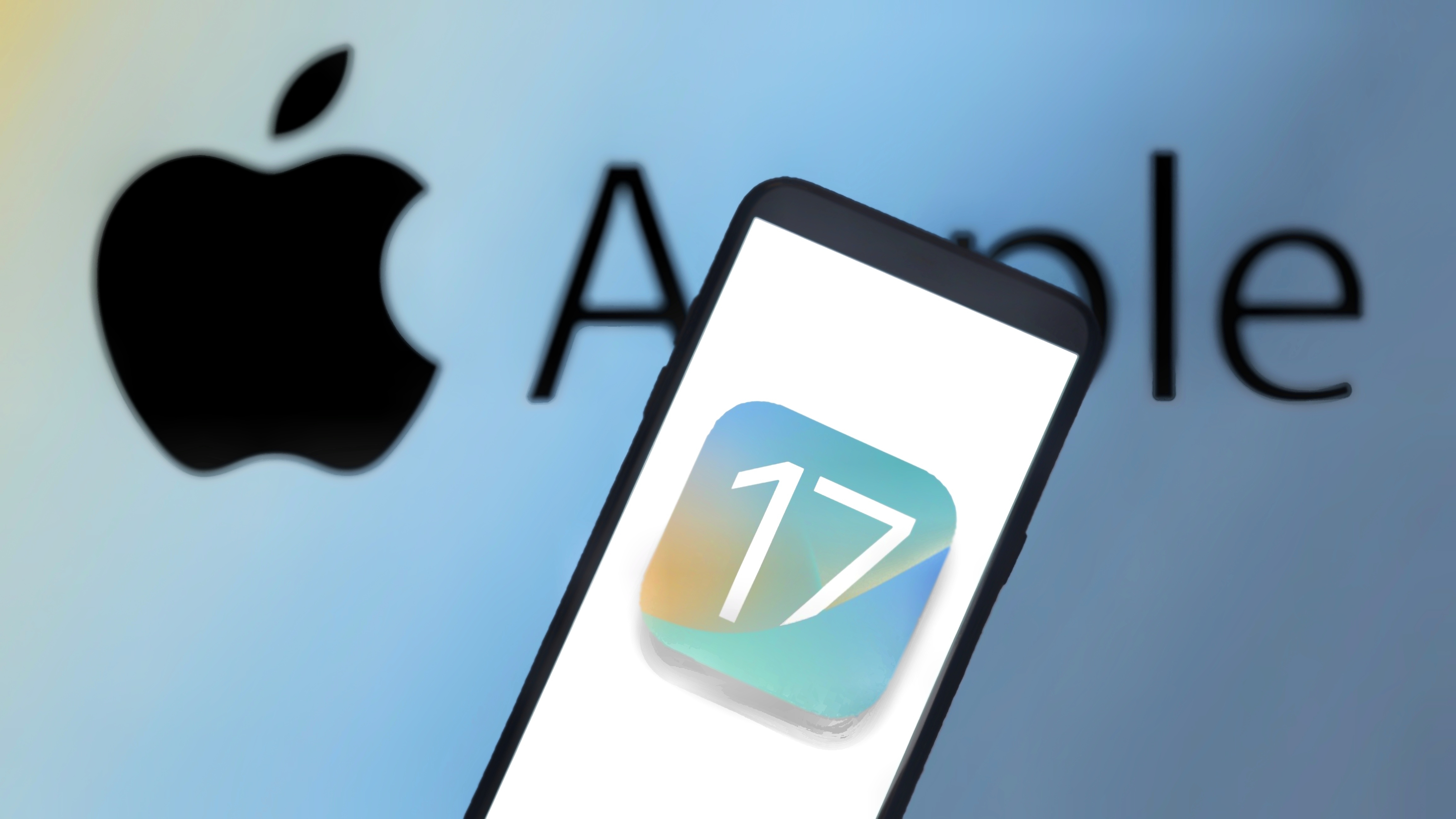iOS 17.3 beta launches with Stolen Device Protection — here's how it works
Keep the sensitive areas of your phone extra safe

The iOS 17.3 beta is now in the hands of developers, and with it comes a bunch of extra features that should make their way to your iPhone in the near future. Among them is a new “Stolen Device Protection” feature that’s been designed to add extra security to your Apple-made stuff. Just in case the person who stole your device somehow managed to figure out the passcode.
There’s never been any shortage of Apple thefts, and that’s been a problem long before the iPhone came out. Unfortunately there seems to be a growing trend of thieves spying on potential victims to try and figure out their passcode first.
Once a thief can access your device, they then have the power to reset Apple ID credentials, turn off Find My, view passwords, access emails and text messages, plus whatever other information you may have in your phone. It’s been described as thieves “stealing your entire digital life”.
With Stolen Device Protection switched on, all these extra actions will require a second step of authentication from Touch ID or Face ID. Unlike unlocking your phone, there won’t be the option to skip this by using a passcode.
Apple also says that especially sensitive changes, like changing Apple ID passwords, will come with a security delay. This means you authenticate yourself once, then repeat the process after an hour. However Apple notes that this delay won’t occur if your phone is in a “familiar location” — namely home and work.
The idea here is in the event that a thief does steal your phone and manages to see your passcode, they’ll be locked out of key systems.
According to Apple extra biometric security will be applied to viewing or using password in the iCloud keychain, applying for an Apple Card, viewing your virtual Apple card, erasing your device, turning off Lost Mode, certain Apple Cash and Savings in Wallet, using Safari payment methods and using your iPhone to set up new devices.
Sign up to get the BEST of Tom's Guide direct to your inbox.
Get instant access to breaking news, the hottest reviews, great deals and helpful tips.
The time delay authentication will also be enforced when changing your Apple ID password, updating Apple ID security settings, changing your passcode, changing Face ID or Touch ID, turning off Find My and turning off Stolen Device Protection.
In the event a thief does steal your phone and manages to see your passcode, they’ll be locked out of key systems.
Apple says it will reveal more information about how Stolen Device Protection works over time, and that the feature will be available on all phones running iOS 17 — which includes the iPhone XS or newer. The feature will be an opt-in setting, and while iOS 17.3 beta testers will be prompted to test the feature Apple claims the general public will not.
We don’t know exactly when iOS 17.3 will be released to the general public at the moment, other than the fact it’ll start rolling out at some point in the new year. The iOS 17.3 public beta should be arriving pretty soon, though, so keep an eye out if you’re enrolled in that. If not, you can check out our guide on how to install the iOS 17 public beta if you want to test these features ahead of time.
For everyone else, there’s always iOS 17.2 which has only just started rolling out to the masses. This update includes features like the Journal App, contact key verification for more secure messaging, and spatial video recording if you have an iPhone 15 Pro.
More from Tom's Guide

Tom is the Tom's Guide's UK Phones Editor, tackling the latest smartphone news and vocally expressing his opinions about upcoming features or changes. It's long way from his days as editor of Gizmodo UK, when pretty much everything was on the table. He’s usually found trying to squeeze another giant Lego set onto the shelf, draining very large cups of coffee, or complaining about how terrible his Smart TV is.
